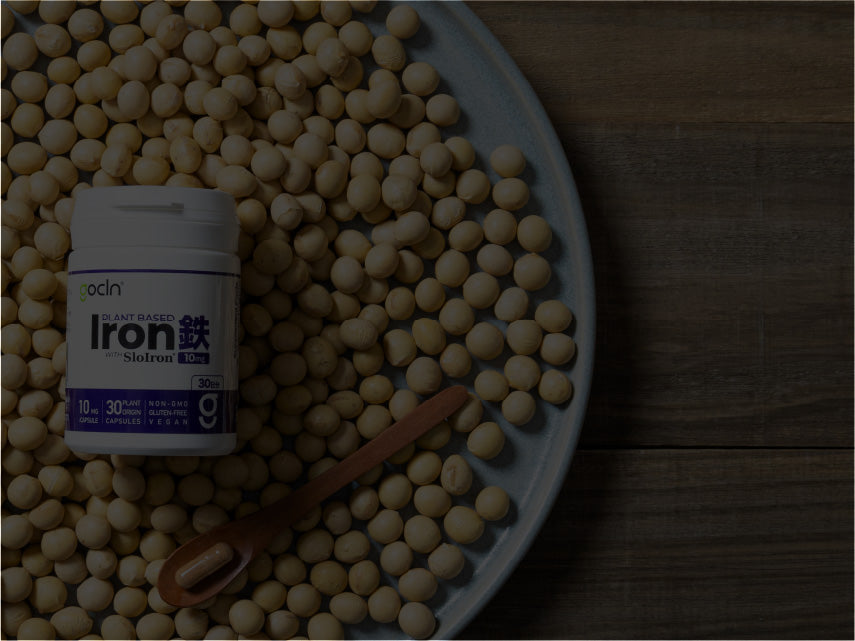The Central Role of Iron in Human Nutrition: From Folk to Contemporary Medicine
Matteo Briguglio et al.
Nutrients. 2020 Jun 12;12(6):1761. doi: 10.3390/nu12061761.
Abstract
Iron is a fundamental element in human history, from the dawn of civilization to contemporary days. The ancients used the metal to shape tools, to forge weapons, and even as a dietary supplement. This last indication has been handed down until today, when martial therapy is considered fundamental to correct deficiency states of anemia. The improvement of the martial status is mainly targeted with dietary supplements that often couple diverse co-factors, but other methods are available, such as parenteral preparations, dietary interventions, or real-world approaches The oral absorption of this metal occurs in the duodenum and is highly dependent upon its oxidation state, with many absorption influencers possibly interfering with the intestinal uptake. Bone marrow and spleen represent the initial and ultimate step of iron metabolism, respectively, and the most part of body iron overhauls bound to specific proteins and mainly serves to synthesize hemoglobin for new red blood cells. Whatever the martial status is, today's knowledge about iron biochemistry allows us to embrace exceedingly personalized interventions, which however owe their success to the mythical and historical events that always accompanied this metal.
Keywords: anemia; dietary supplements; elective surgical procedures; functional food; integrative medicine; iron; nutraceutical; preoperative care; transfusion-alternative strategy; vitamin.



